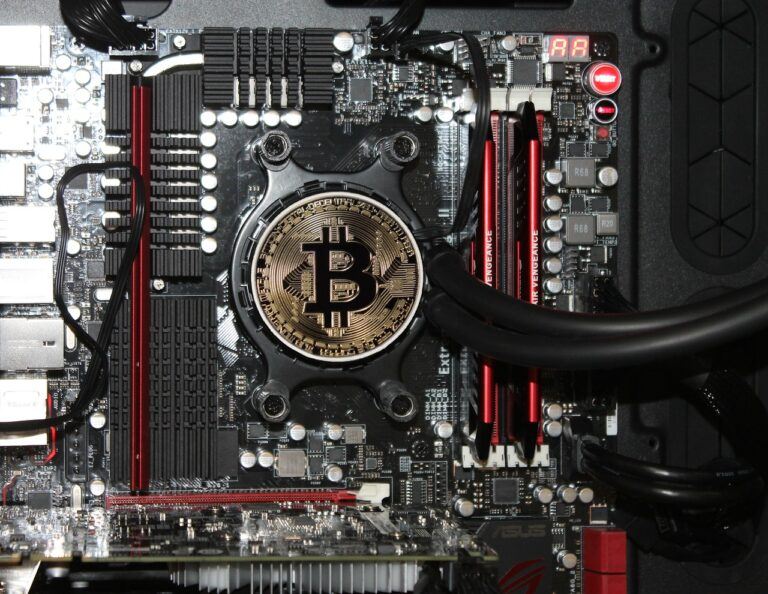Wences Casares, a board member at PayPal and the CEO of Xapo, a Hong Kong-based firm that focuses on cold storage solutions for cryptoassets, recently stated that cryptocurrencies are an “intellectual experiment” that could end up failing, but either way will allow us to learn.
“Irresponsible” To Not Admit Cryptos May Fail
Casares explained that the idea of having decentralized, digital currencies is an experiment because they “may or may not work.” He added that if cryptos ultimately fail, they could still be considered a good “learning experience.”
When questioned about how someone like him – who has “built a business on bitcoin” – thinks cryptoassets are still an experiment, Casares said:
I think it would be irresponsible to not acknowledge that it could not work. The chances of this experiment not working are non-trivial. And, it’s important for people who know that, like myself, to always acknowledge that and let people know that.
However, Casares also suggested that substantial progress has been made and that the chances of cryptocurrencies evolving and achieving mainstream adoption are greater than them failing.
Cryptos Are Currently “Like 1992 Internet”
There may already be crypto-related firms such as Coinbase that are seeking multi-billion dollar valuations, but Casares cautioned that “technology is made by humans” who are “fallible.” This means that “we could find some [big problem] that we haven’t found in ten years [which might] render the system worthless,” the Argentinian entrepreneur and philanthropist noted.
Responding to what he thinks has “a good chance of succeeding”, Casares said: “We are in the equivalent of 1992 for the internet. In 1992, we didn’t call it the internet, we just called it TCP/IP” – which is now the standard communications protocol for the web.
He continued to explain that “all you needed to know back then was there was this new protocol that moved information from anywhere to anywhere. Two, it [did this] in real-time. And three [it was done] for free.”
Although streaming HD videos and high-quality downloadable images were not available during the early days of the internet, they have now become quite common because the “internet experiment” was successful.
“Three Things” Cryptos May Give Us
According to Casares, there are “three things” that crypto currently does – with the first one being that blockchains have allowed us to build computer systems that are “sovereign”, or in other words, “autonomous.”
Casares continued:
Blockchains ‘answer to noone’. They have their own rules … [and] it’s important because it has never been accomplished before … other important attributes [are that blockchains are] uncensorable … nobody can keep you from sending a transaction or receiving a transaction, or holding value in it.
The third thing crypto has given us is the concept of having deflationary currency, as there can only be a maximum of 21 million bitcoins in existance, Casares pointed out.
Bitcoin To Change Money “Like Internet Changed Information”
Assuming cryptos succeed, then bitcoin (BTC) would become “a global non-political standard of value” and a “global non-political standard of settlement” – according to Casares. Interestingly, the Xapo founder, who has previously predicted a $1 million bitcoin price, said he dosn’t see cryptos replacing fiat currencies.
He explained that:
bitcoin could change money the way the internet changed information but this idea that a blockchain can be used to change an asset that already derives its value from a central authority like title insurance, or banks, or securities settlement is really non-sensical. It’s not true and it doesn’t make any sense.









